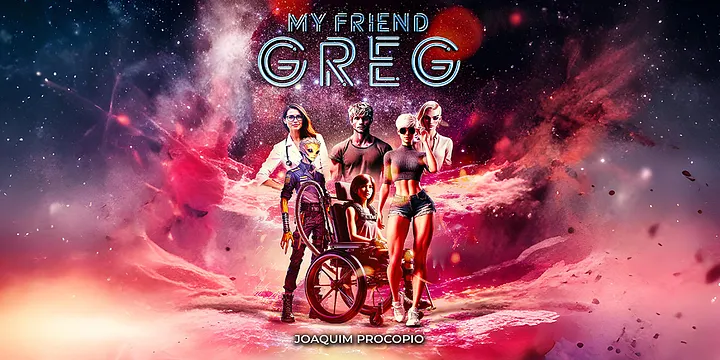Throughout history, humans have been drawn to what we don’t fully understand. The first humans looked up at the night sky and wondered about the glittering lights scattered across the darkness. What were those glowing points? Gods? Fires in the heavens? Or other worlds waiting to be discovered?
That same sense of awe continues today, as astronomers peer into galaxies far away, oceanographers plunge into the unexplored depths, and philosophers ask questions that stretch the limits of thought.
The unknown has always pulled us forward. It is not merely a puzzle to solve, but a magnetic force that stirs our imagination and ignites our sense of wonder. When we step into uncertainty, we experience both fear and exhilaration. This paradox is what makes the unknown irresistible. It terrifies us, yet it also promises discovery, transformation, and meaning.
Falling for the unknown does not only happen in science or exploration. It plays out in our personal lives every single day. When you meet someone new, you do not know where that relationship will lead, but you dive in anyway. When you choose a new path in your career, you cannot predict the outcome, yet you take the leap. When you move to a new city or travel to a new land, you leave behind the familiar and embrace a thousand uncertainties. Love, growth, and purpose all thrive in the presence of the unknown.
Modern neuroscience gives us an interesting clue as to why this is so. Studies reveal that curiosity triggers the brain’s reward systems in ways similar to romantic attraction. When we encounter something mysterious, the brain releases dopamine, the chemical of anticipation and reward. This means that, on a biological level, we are wired to fall for the unknown. Curiosity itself is pleasurable, even before we discover any answers. It is the journey into mystery, not just the solution, that gives us joy.
This connection between love and mystery is deeply human. We do not love only what we understand. Often, we love precisely what we cannot explain. The allure of a partner’s smile, the unspoken bond we feel when words are unnecessary, the way affection grows beyond logic. Love, in many ways, is the most profound unknown of all.
Literature has always reflected this truth. From ancient myths to modern novels, the greatest stories are not just about the triumphs of knowledge, but about the seduction of mystery. They remind us that some of the most powerful forces in life cannot be measured in equations or dissected by logic. They must be lived, felt, and surrendered to.
This is where My Friend Greg by Joaquim Procopio comes in. At its heart, the book explores what happens when science meets the unimaginable, and when human emotion collides with something beyond earthly comprehension. The story begins with curiosity, but soon it becomes clear that curiosity is only the beginning. The real journey is about love, vulnerability, and the courage to embrace what cannot be fully explained.
Without spoiling the plot, it is enough to say that My Friend Greg takes readers into a world where intelligence, power, and emotion intertwine in unexpected ways. The novel asks us to think about what it means to be human, and what it means to fall in love with something far greater than ourselves. It is not only a story of science and discovery, but also a story of surrendering to the deepest mystery of all: love that does not obey logic or boundaries.
If you have ever gazed at the stars and wondered what lies beyond, or if you have ever fallen for someone without fully understanding why, this book will speak to you. It is a reminder that the greatest adventures are not always in distant galaxies, but in the human heart when it dares to open itself to the unknown.
Now is the time to prepare yourself for this extraordinary journey.
Stay tuned for the release of My Friend Greg. Let it surprise you, challenge you, and draw you into the science of falling for the unknown.
